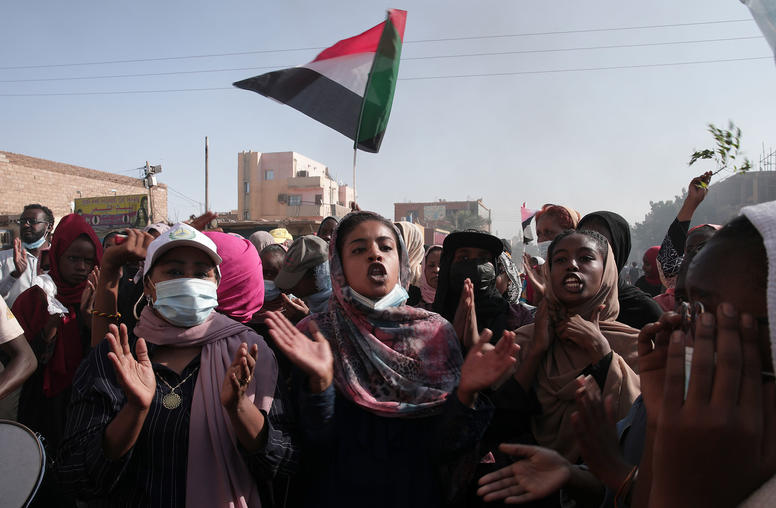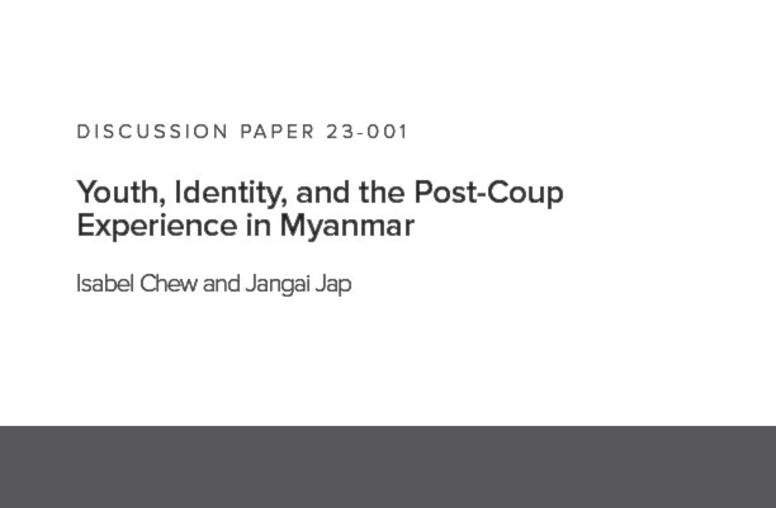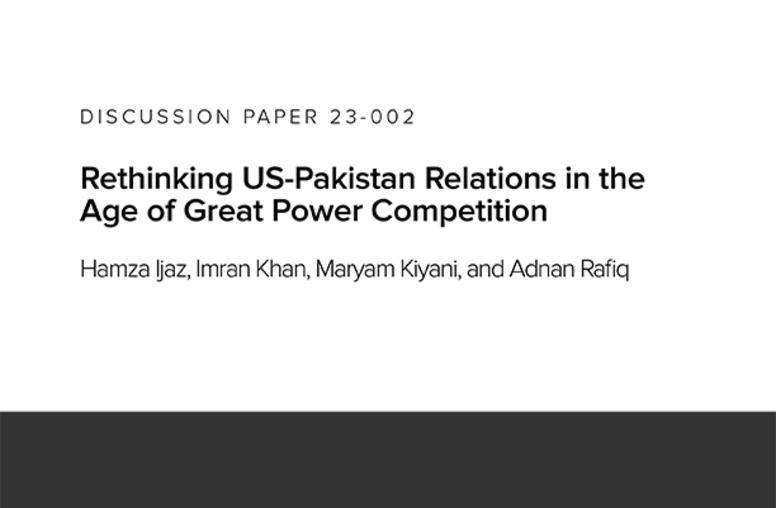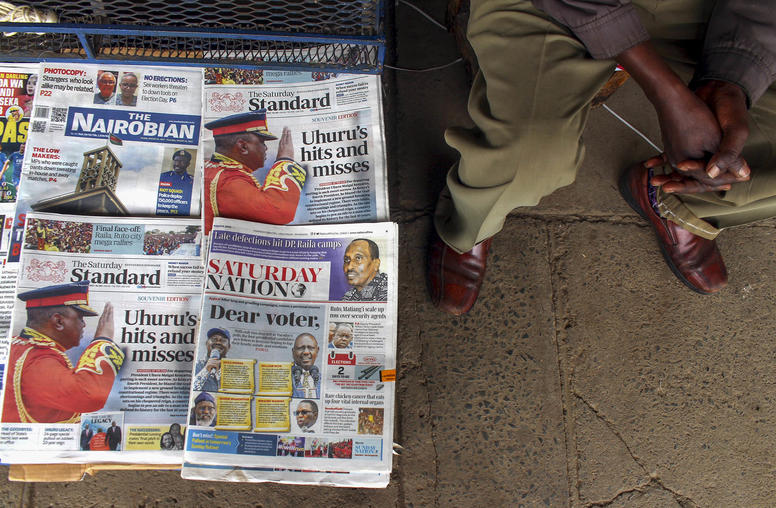Special Report
Publications
Articles, publications, books, tools and multimedia features from the U.S. Institute of Peace provide the latest news, analysis, research findings, practitioner guides and reports, all related to the conflict zones and issues that are at the center of the Institute’s work to prevent and reduce violent conflict.

Donald Jensen on Russia’s Stalled Offensive in Ukraine
With Russian forces reportedly shifting focus to Donbas, USIP’s Donald Jensen says, “Overall the Russian military has been unmasked to be … quite a bit more of a paper tiger than expected. But that doesn't mean they're not dangerous or effective in some places.”

Lucy Kurtzer-Ellenbogen on Israel’s ‘Groundbreaking’ Summit
Israel’s Negev summit with top Arab and U.S. diplomats was “groundbreaking” for the region. “You could not think of a more dramatic way to underscore the acceptance of Israel into the Arab world,” says USIP’s Lucy Kurtzer-Ellenbogen.

Dissent and Dialogue: The Role of Mediation in Nonviolent Uprisings
While both mediation and nonviolent resistance have been the subject of significant scholarly work, the connection of the two fields has received less attention. Using newly collected data on nonviolent uprisings Africa from the Mediation in Nonviolent Campaigns data set, this report explores several questions: When does mediation occur in the context of nonviolent campaigns? Who tends to mediate? What are the challenges, and what are the outcomes? The study offers overall takeaways, policy conclusions, and recommendations for future research.

Andrew Wells-Dang on U.S.-Vietnam Ties 50 Years After the Paris Peace Accords
Fifty years ago, the accords led to the withdrawal of U.S. military forces from Vietnam, marking an important step toward a post-war settlement between the United States and Vietnam. Now, “There is a lot of cooperation on economic issues, education, security and on resolving the legacies of the war … we have a comprehensive partnership that is 10 years old,” says USIP’S Andrew Wells-Dang.

Ambassador William Taylor on the Anniversary of Russia’s War on Ukraine
A year into Russia’s invasion of Ukraine, it’s clear that Russian President Vladimir Putin has made a strategic blunder. But any deal to end the conflict must uphold Ukraine’s sovereignty and independence, says USIP’s Ambassador William Taylor: “The Russian military needs to leave. That’s got to be the key part of any peace proposal.”

Youth, Identity, and the Post-Coup Experience in Myanmar
One of the biggest challenges facing Myanmar today is its lack of a cohesive national identity. Its colonial legacy and half a century of authoritarian rule has reified group divisions and hardened societal cleavages, leading to negative, and sometimes outright hostile, relations between different groups. Against this background, the authors discuss how the Myanmar youth perceive their social identity, in particular national identity, and how they conceptualize notions of citizenship within the Myanmar context, as well as the implications of the coup and the post-coup experience for the youth’s perceptions of social identity and interethnic relations in Myanmar.

Ambassador Makila James on Nigeria’s Elections
While Nigeria’s elections energized youth voters and avoided widespread violence, President-elect Bola Ahmed Tinubu won only a plurality of votes. As concerns over the results’ legitimacy mount, “a weak mandate means [Tinubu] is going to have to work very smartly to build coalitions,” says USIP’s Makila James.

Rethinking US-Pakistan Relations in the Age of Great Power Competition
As the United States and Pakistan approach 75 years of bilateral engagement, the relationship between the two countries is at a critical crossroads. While viewing the US-Pakistan relationship exclusively through the security lens seems to be untenable, the road ahead, in the broader context of the Afghanistan withdrawal and great power competition, remains murky. Nevertheless, there exists a willingness on both sides to avoid the lows of the 1990s even if the highs of the 1980s or 2000s are not possible.

Mona Yacoubian on the Assad Regime’s Hold in Syria
After 12 years of extraordinary brutality and humanitarian suffering, the Assad regime remains entrenched in Syria. With no solution in sight, there is regional momentum toward normalization as countries have “made the calculation that he’s here at least for the foreseeable future,” says USIP’s Mona Yacoubian.

China’s Media Propaganda in Africa: A Strategic Assessment
Over the last decade, partnerships with developing countries have become central to China’s geostrategic objectives. In Africa specifically, China has made significant investments to secure favorable media coverage to promote a positive view of China, to counter the influence of the United States, and to assert and normalize China’s territorial claims over Taiwan, the South China Sea, and other contested areas. This report examines China’s investments in Africa’s media sector, assesses their effect, and makes recommendations for how the United States can respond to China’s influence campaigns.